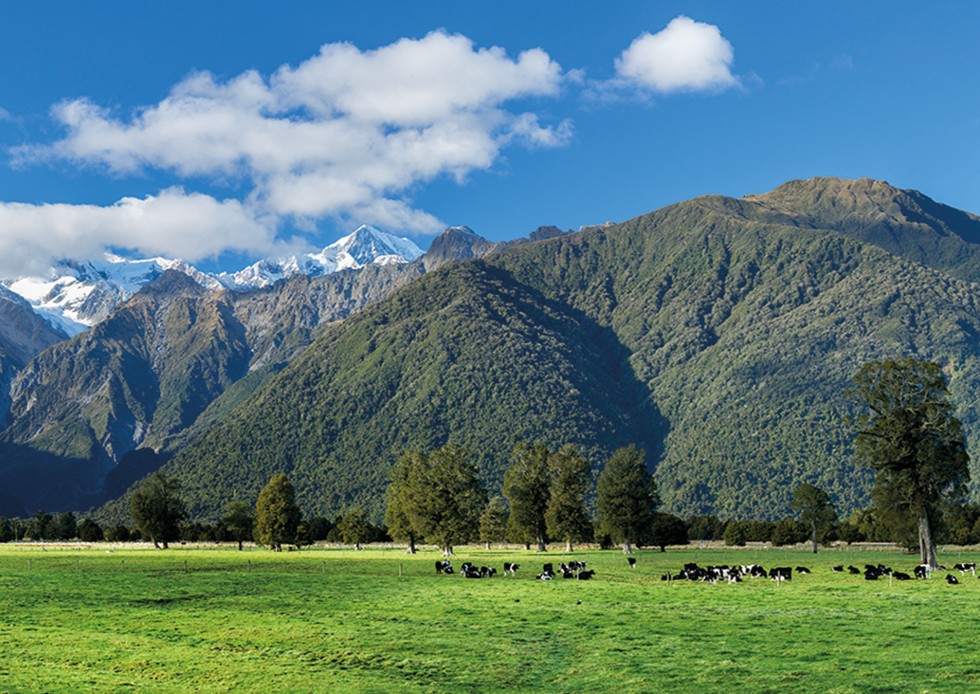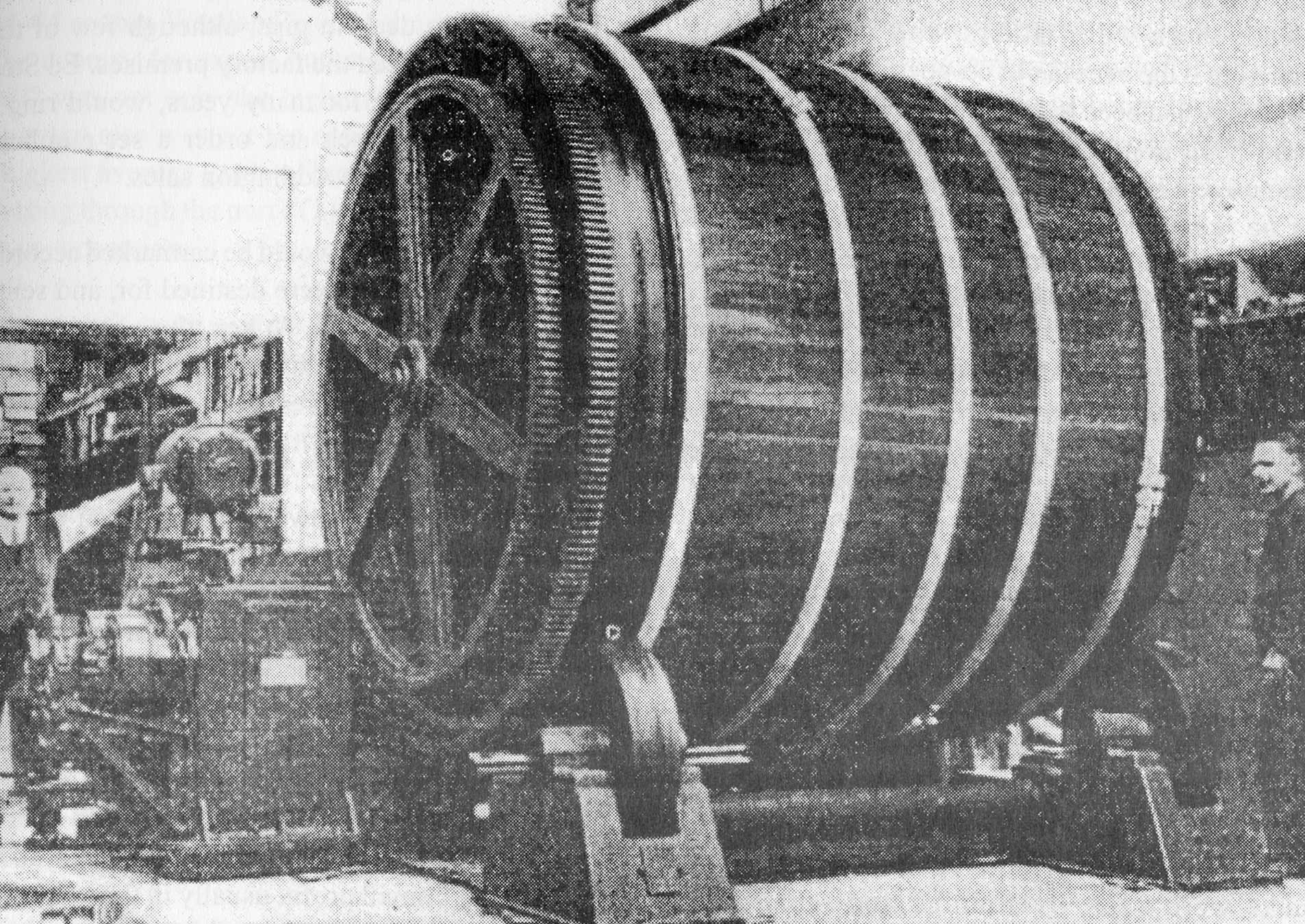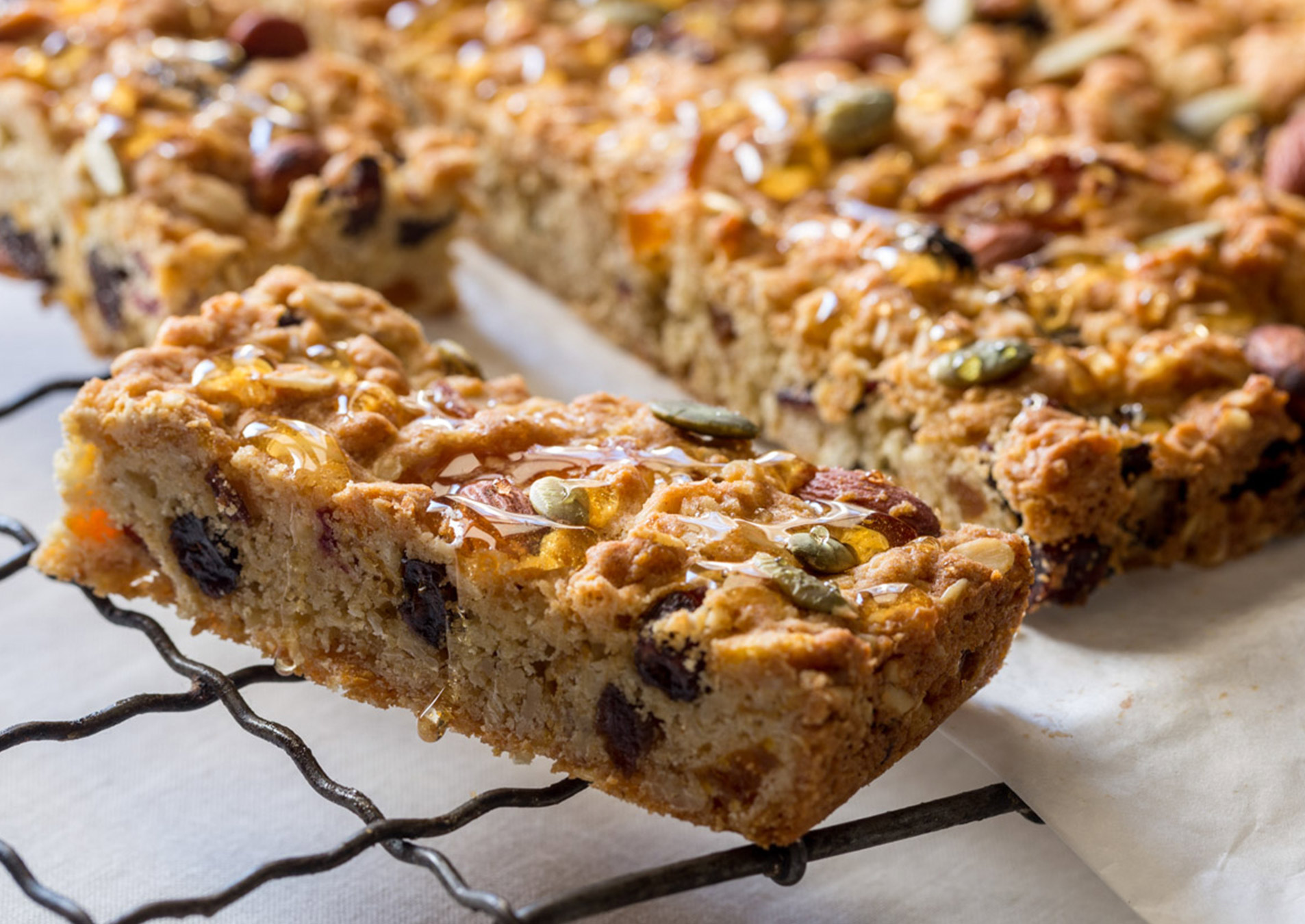
https://westgold.com/
Article content
"The majority of cows that produce Westgold butter are jersey cows which are known for their high quality, rich and creamy milk that is naturally high in butter fat."
Have you ever wondered why butter is yellow? We often get asked why our butter is so yellow compared to other butter around the world. If you’ve been fortunate enough to travel overseas you may have noticed that butter in other countries often has a lighter, white colour compared to here in New Zealand. The reason for this is what the cows are fed; grass fed cows produce a yellow butter.
The science behind this is the beta-carotene (yellow pigment) found in the grass eaten by cows; which is stored in the cows’ fat and carried into the milk. Because the milk is mostly water the yellow colour doesn’t come through with the milk and instead is carried with the fat which produces the butter. After butter is churned, the beta-carotene (pigment) is exposed as the butter fat is separated leaving a beautiful yellow butter product.
So what makes Westgold butter so good?
The majority of cows that produce Westgold butter are jersey cows which are known for their high quality, rich and creamy milk that is naturally high in butter fat. Surprisingly, other animals don’t store beta-carotene in the same way that cows do so butter from sheep or goat milk is white.
Our unique West Coast location also contributes to the high quality of our butter. The high rainfall on the West Coast means our cows graze on lush green pastures all year round, so we don’t need to rely on irrigation or supplementary feed.
Essentially, a natural grass-fed diet will result in a yellow coloured butter while cows that are fed mostly grains will produce a lighter coloured butter. This is similar to free range hens producing eggs with brighter almost orange coloured yolks. We reckon, the more yellow the butter, the happier the cow.


 Previous blog
Previous blog 


